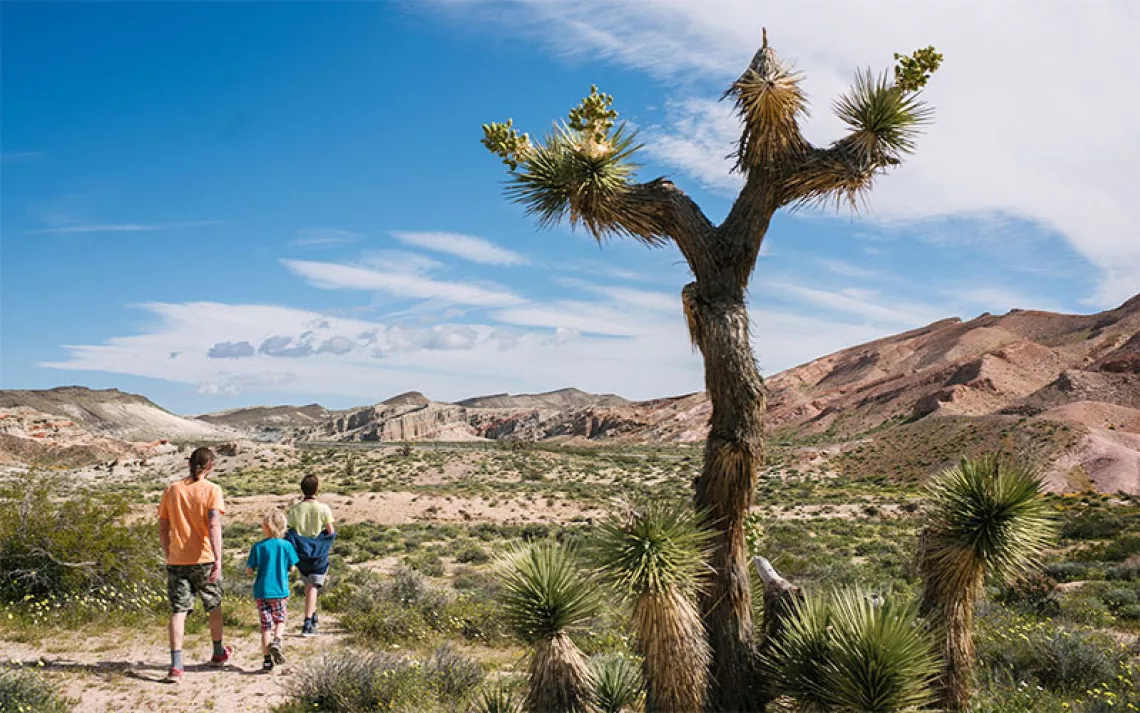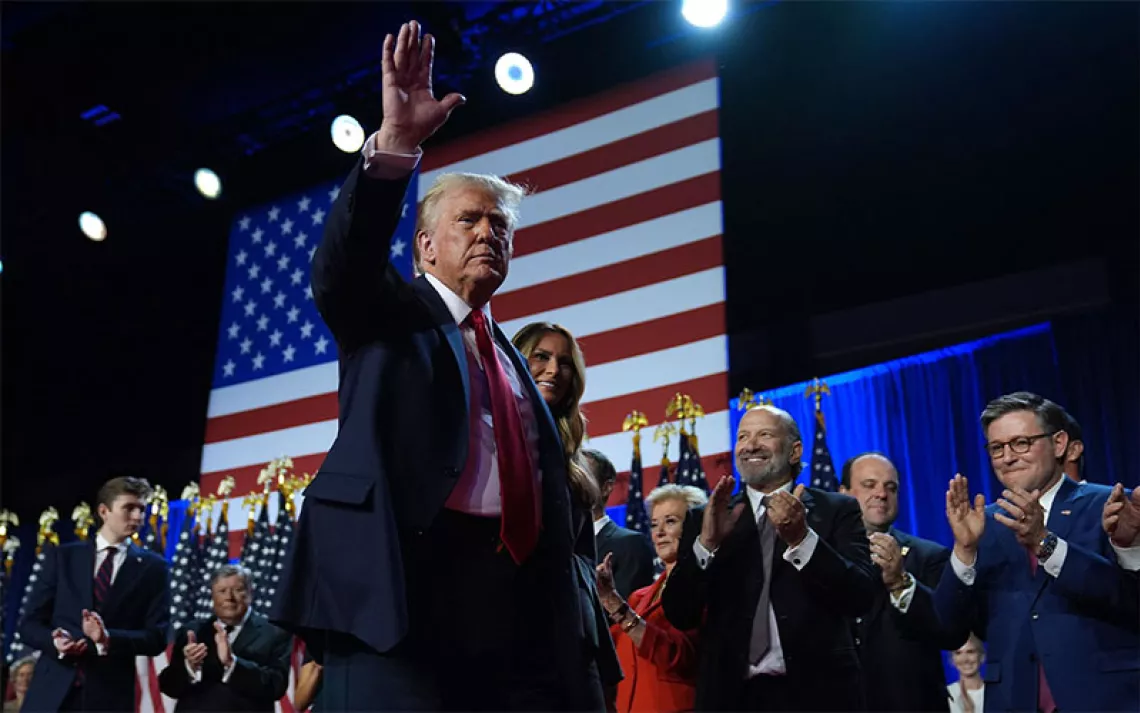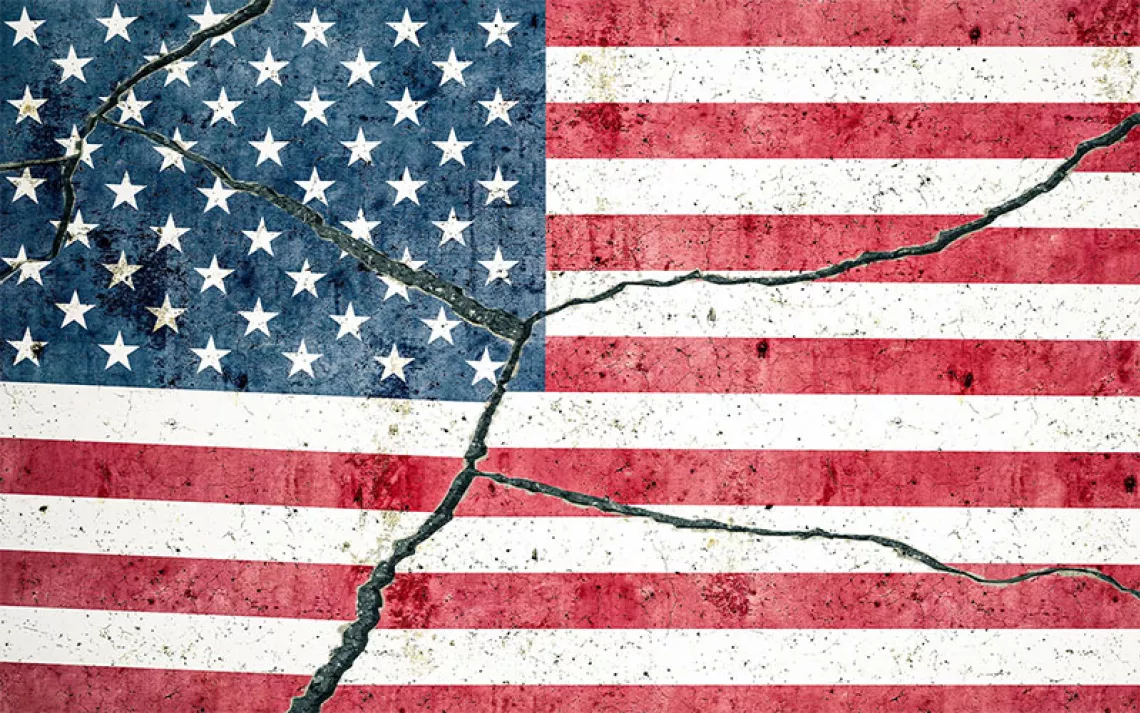Joe Manchin’s Final Betrayal
It’s time at last to move on without him

Photo by Tom Williams/CQ Roll Call via AP Images
The opinions expressed here are solely those of the writer and do not necessarily reflect the official position of the Sierra Club.
Editor's Note: On July 27, Senator Manchin and Senate Majority Leader Chuck Schumer announced that they had struck a deal on a budget reconciliation bill that reportedly includes $369 billion for energy security and climate change programs over the next ten years.
If you were creating a cartoon villain to play the leading role in the story of planetary destruction, it would be hard to top a literal coal baron who lives on a yacht, drives an Italian sports car, and rakes in hundreds of thousands of dollars in campaign contributions from oil and gas executives and assorted billionaires. But here we are, with Senator Joe Manchin (D-WV) single-handedly derailing our country’s (and perhaps humanity’s) last, best chance to finally pass climate legislation that will give us some hope of averting the most catastrophic effects of warming.
How did we get here? After Manchin tanked Biden’s “Build Back Better” Act last December, it was he himself who proposed a slimmed-down version that he could live with. It would, he said, consist of tax increases on the wealthy and corporations, prescription drug pricing reforms, and major climate investments. “The climate thing is one that we probably could come to an agreement much easier than anything else,” he said in January.
Not so much in July. Manchin’s excuse for sinking his own package last Friday, July 16—his latest in a series of excuses—is the red-hot rise in inflation that is squeezing family budgets. But inflationary concerns simply don’t reflect economic reality. Raising taxes on the wealthy and corporations would have an anti-inflationary effect, and the bill’s climate investments—spread out over many years—would save families $500 a year on their energy bills. Besides, speeding up the transition to clean energy would also free us from our dependence on dirty, dangerous, and costly fossil fuels. The cheapest tank of gas is the one you never have to buy.
Some point out that West Virginia is a deeply conservative, fossil-fuel-producing state. That’s true, but it’s also a state in desperate need of new investments and industries. The coal industry is dying, and there is really nothing Manchin or anyone else can do to change that. Clean energy is simply cheaper than fossil fuels, especially coal. A West Virginia University report found that the state could generate over 70 percent of its electricity from wind and solar by 2035, which would lead to a net increase in jobs. The state’s largest solar project is now being built on top of a former coal mine that went bankrupt in 2015.
Senate Democrats had been reluctantly willing to go along with Manchin’s demands to boost fossil fuel production in the short-run and almost certainly would have given him even more concessions to secure his vote. “With his leverage, Manchin could have brought us anything—jobs, schools, restored mountains and rivers, opportunities. But he blew it,” wrote Mary Anne Hitt, a leading climate strategist (and former director of the Sierra Club’s Beyond Coal campaign) who lives in West Virginia.
So why did Manchin do it? Sometimes the answers are sitting out in plain sight. As The New York Times documented, Manchin became a millionaire by using his political influence to benefit his family’s coal business. Last year, he made more than $536,000 from the coal brokerage, which, as CNN noted, is more than three times his annual salary as a senator. In total, his interest in the coal business is worth millions of dollars.
Manchin is also the single-largest recipient of campaign cash from the oil and gas industry. Tellingly, during a key moment in the Build Back Better negotiations last summer, he traveled to Texas for a fundraiser hosted by Republican donors from the oil and gas industry. Then this spring, reporters spotted him huddling with fracking billionaire Harold Hamm.
Manchin’s final betrayal united his party in outrage. “It seems odd that Manchin would choose as his legacy to be the one man who single-handedly doomed humanity,” said John Podesta, one of many Democrats who argued that Manchin should not be able to evade accountability. Undeterred, Manchin suggested on a West Virginia radio show that actually he was still possibly, maybe open to climate investments if Democrats give him until after the next inflation report is released in August to make up his mind. As climate policy expert Leah Stokes observed in The New York Times: “He simply doesn’t want to be held accountable for his actions. He has consistently said one thing and done another.”
Where do we go from here? Perhaps the only positive consequence of Manchin’s betrayal is that President Biden is now free to take the kind of bold action he may have been holding back on for fear of upsetting Manchin during the course of these interminable negotiations. Biden is reportedly considering declaring a climate emergency as soon as this week. He needs to order the Environmental Protection Agency to act as quickly and boldly as possible to tackle climate pollution from power plants. On the other side of the coin, Biden needs to end new climate-killing fossil-fuel endeavors like ConocoPhillips’ Willow project in Alaska’s Western Arctic. It and other looming dirty and dangerous projects will do nothing to help families deal with gas prices today and are fundamentally incompatible with the president’s own ambitious climate change and public lands protection goals.
It may sound trite, but the ultimate solution to this crisis—and many other serious challenges facing our country, like attacks on voting rights and reproductive freedom—will be up for a vote in November, when climate will be on top of the ballot. If we elect a couple more pro-climate-action senators, we’ll never have to worry about Joe Manchin again.
 The Magazine of The Sierra Club
The Magazine of The Sierra Club



